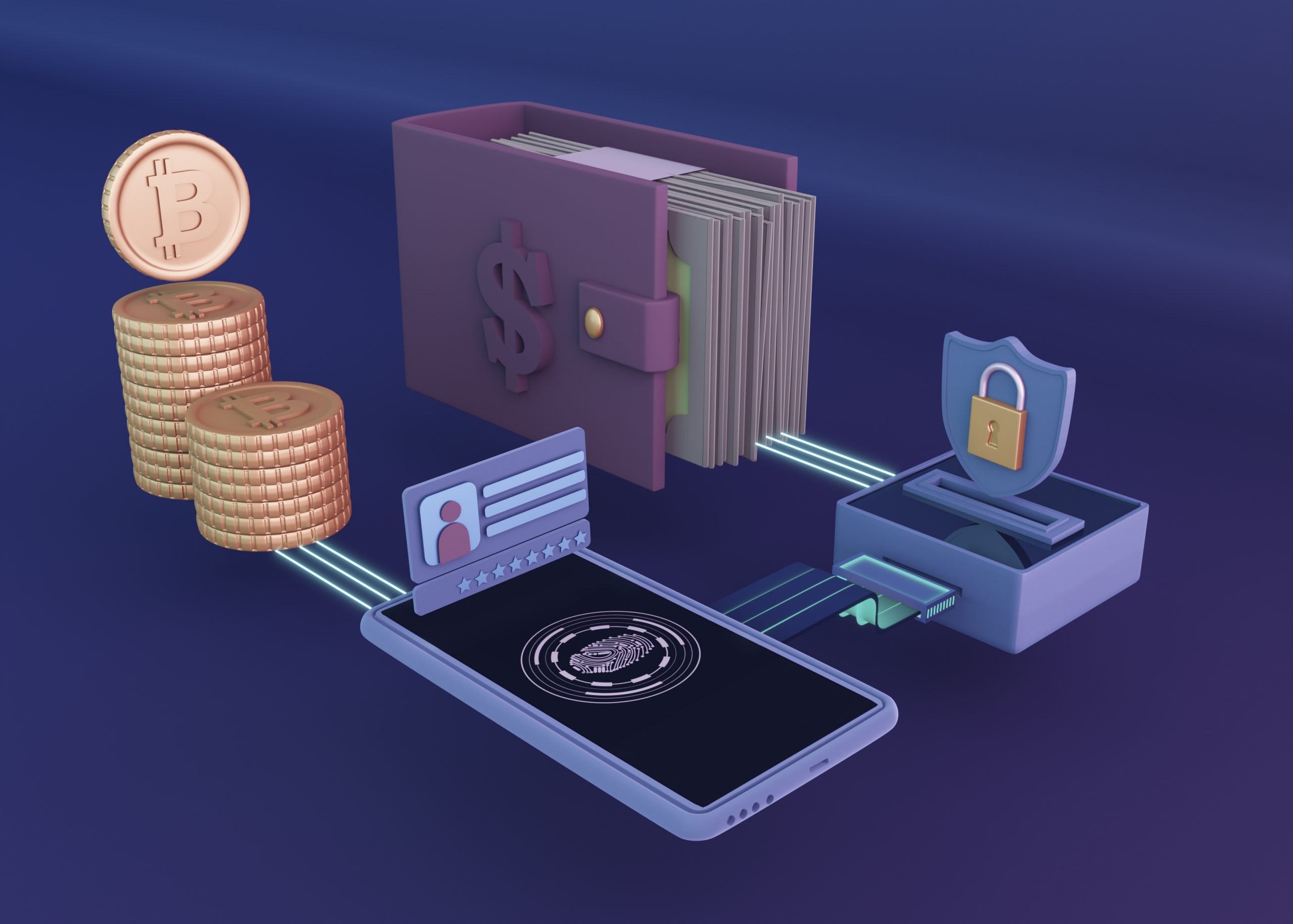In today’s digital age, secure billing has become essential for businesses and consumers alike. As online transactions continue to grow, ensuring the safety and convenience of payment processes is crucial. This blog explores the strategies and solutions needed to implement robust billing systems.
1. The Importance of Secure Billing in the Digital World
As more consumers shift to online shopping and digital services, the need for secure billing has never been greater. Cyber threats are constantly evolving, making it critical for businesses to protect their customers’ payment information. By implementing robust security measures, companies can safeguard against data breaches and build trust with their customers.
2. Key Features of Billing System
To ensure a reliable billing process, it’s essential to include key features that protect against fraud and ensure seamless transactions:
- Encryption and Tokenization: These are foundational elements of billing. Encryption ensures that sensitive data is transmitted securely, while tokenization replaces sensitive payment information with a unique identifier or “token” that cannot be used outside of the specific transaction context.
- Two-Factor Authentication (2FA): Implementing 2FA adds an extra layer of security to secure processes. This requires users to provide two forms of verification before a transaction can be completed, significantly reducing the risk of unauthorized access.
- Compliance with Industry Standards: Adhering to regulations such as PCI DSS (Payment Card Industry Data Security Standard) is essential for secure billing. These standards provide guidelines on how to handle and protect payment data, ensuring that businesses meet the necessary security requirements.
3. Implementing a Secure Billing System
Setting up a secure billing system involves several key steps:
- Assess Security Needs: Begin by evaluating your business’s current billing system to identify potential vulnerabilities. This assessment should cover everything from payment processing to data storage.
- Choose a Trusted Payment Processor: Select a payment processor that offers robust secure billing features, including encryption, fraud detection, and compliance with industry standards.
- Train Your Team: Ensure that your employees are knowledgeable about billing practices. Regular training can help them recognize potential security threats and understand how to handle sensitive payment information.
- Regularly Update Security Protocols: Cybersecurity is an ever-evolving field, so it’s important to stay up-to-date with the latest security measures. Regularly update your billing system to address new threats and vulnerabilities.
4. Overcoming Challenges in Secure Billing Implementation
Implementing a secure system can come with challenges, such as integrating new technologies with existing systems or ensuring user adoption. However, these challenges can be mitigated by taking a proactive approach. Regularly communicate the importance of security to both employees and customers, and provide resources to help them adapt to the new system.
5. The Future of Secure Billing Solutions
Looking ahead, billing will continue to evolve with advancements in technology. Future trends may include the integration of artificial intelligence for fraud detection, more sophisticated encryption methods, and greater adoption of blockchain technology for transparent and tamper-proof transactions. Staying informed about these developments will be key to maintaining a robust and secure billing system.
Conclusion
Secure billing is more than just a necessity; it’s a competitive advantage in today’s digital marketplace. By implementing a comprehensive and robust secure billing system, businesses can protect their customers’ data and ensure smooth, trustworthy transactions. For more insights on secure online solutions, visit Bedots.
Read more: Gig Economy Billing: Meeting Freelancers’ & Contractors’ Needs



